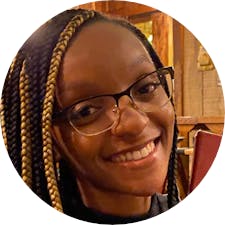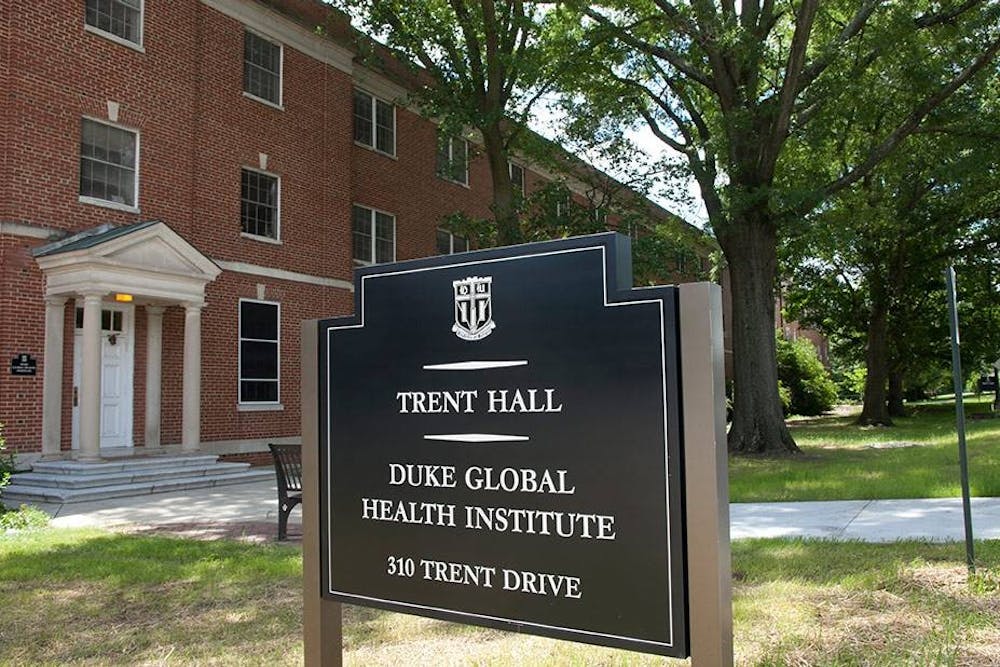The Duke Global Health Institute’s hybrid course teaches students both at Duke and in Rwanda about how health systems can address the lack of access to surgery in low and middle-income countries.
Titled “Global Surgical Care,” the course draws in a diverse group of students, including undergraduates, clinical trainees and graduate students from the Sanford School of Public Policy to the Pratt School of Engineering.
Taught by Tamara Fitzgerald, associate professor of surgery and global health, Henry Rice, professor of surgery, pediatrics and global health, and Barnabas Alayande, assistant professor of surgery at the University of Global Health Equity in Rwanda, the hybrid course allows students around the world to attend virtually. While Rice teaches students in Durham, Alayande leads their Rwandan counterparts in Kigali.
According to Rice, the course has been offered for about 10 years, but the last two years have been taught jointly with UGHE, with students from each university making up roughly half of the students in the course.
“[The students] are primarily clinicians who use [global surgery] science to advance their own understanding of surgical systems, with many of them becoming leaders in health systems in their own countries,” Rice said.
For Rice, what joins the students is the desire to “learn what are the frameworks, research design and data that guide the delivery of safe and high-quality surgical care to people who don’t have it around the world.”
Fitzgerald added that the course is centered around understanding what it would take to give people around the globe access to surgical care, noting that about 5 billion people currently don’t have this access.
Kristen Stark, a second-year master’s student in the global health program, is a teaching assistant for the course after taking it in fall 2021. Stark’s favorite aspect of the course is the structure, which divides students into teams, with each team responsible for becoming experts on the surgical systems of one country. Teams often choose to research countries that they have personal ties to, providing a personal perspective, according to Stark.
For Rice, the course’s demanding content pays off when students are able to use the information they have learned to find a career.
“I think this course really provides a little bit of a different perspective, which is about building healthcare systems, and how you build those systems to accommodate surgery,” Fitzgerald said.
Get The Chronicle straight to your inbox
Signup for our weekly newsletter. Cancel at any time.

Kerria Weaver is a second-year master’s student in the Graduate Liberal Studies program and an associate news editor of The Chronicle’s 119th volume.

